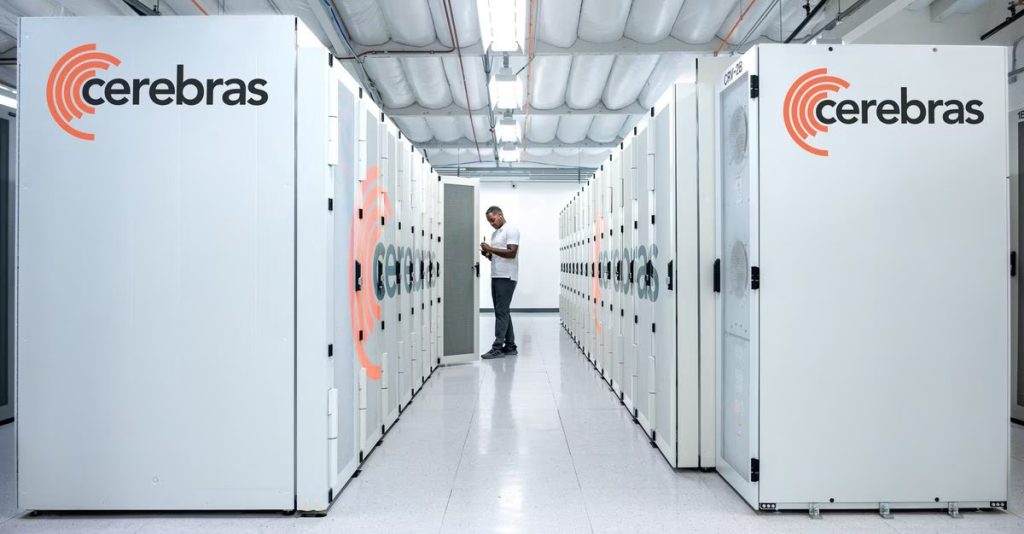Silicon Valley-based artificial intelligence (AI) computing startup, Cerebras Systems, announced the release of seven open source ChatGPT-like AI models. The move aims to encourage collaboration and innovation within the research and business communities. The models, all trained on Cerebras’ AI supercomputer Andromeda, range from smaller 111 million parameter language models to a massive 13 billion parameter model. Here are the details…
Cerebras Systems Unveils Open Source ChatGPT-like AI Models
Andrew Feldman, founder and CEO of Cerebras, emphasized the importance of open source in the AI community, attributing much of its progress to the collaborative environment. He acknowledged that while there has been a recent trend towards closing off open source AI projects due to their commercial potential, maintaining openness is crucial for continued innovation.

Cerebras’ range of models allows for deployment on various devices. Smaller models can be run on smartphones or smart speakers, while larger models require PCs or servers. This flexibility caters to different needs and applications, but for more complex tasks, such as large passage summarization, bigger models are necessary.
Though larger models typically offer more advanced generative functions, Karl Freund, a chip consultant at Cambrian AI, points out that size isn’t everything. He cites recent research showing that smaller models can be just as accurate if trained more effectively, suggesting a trade-off between size and training quality.
Feldman revealed that their biggest model took just over a week to train, a process that would usually take months. This acceleration can be attributed to the unique architecture of the Cerebras system, which features a chip the size of a dinner plate specifically designed for AI training.
Currently, most AI models are trained on Nvidia Corp’s chips, but an increasing number of startups like Cerebras are entering the market to claim their share. Feldman confirmed that models trained on Cerebras machines can be used on Nvidia systems for additional training or customization, offering users flexibility and adaptability.
RELATED:
- Download the Best GCam APK for POCO X5 Pro 5G
- Windows 12 Rumors: A Modern OS with AI, Faster Updates, and Better Security
- Nubia Z50 Ultra Full Review: Men will definitely love it
- Microsoft to Focus on AI & Security for a New, ‘Modern’ Version of Windows
- Samsung T7 Shield Portable SSD 4TB Variant Launched In India
(via)







